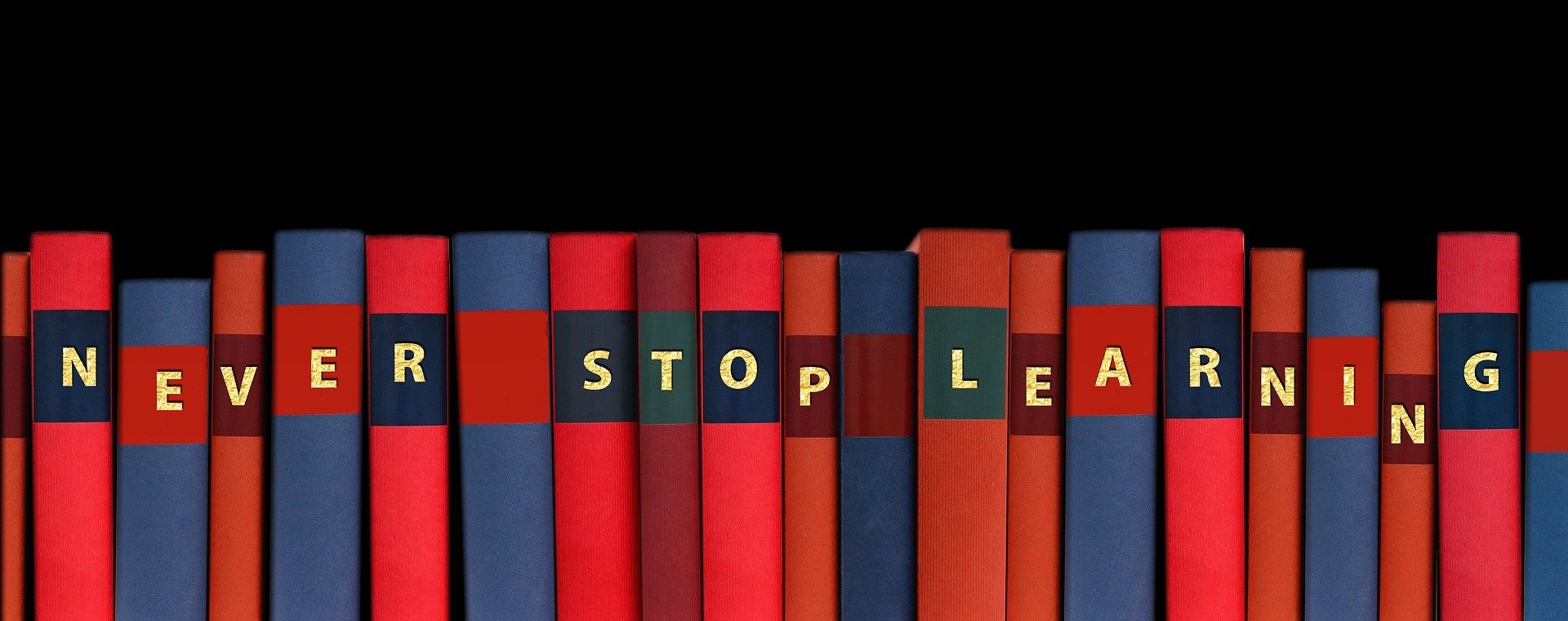
Crises both disrupt and reveal. Every single human being across our globalized world has been impacted by COVID-19, and this moment has revealed deep structural inequities and outdated principles and priorities across societies. This is particularly true for our understanding of schooling, and how it reflects our emerging learning economies.
If this moment offers us anything, it is a collective opportunity to reframe, reimagine and remake the learning experience for all. Our adaptive capacity for life-long and life-wide learning is already our biggest asset, and we must attend to the development of the right mindsets and skill sets to work well and live fully.
The question really is, how might we seize this moment to create a new definition of success for learners, for schools, and for society? How might we [re]design schools and universities, sectors and social systems so that we equip learners with the skills they need for school, work and life into this uncertain and unpredictable future?
The Current Reality
The future just kicked in the door. In my home country of Australia, we were just coming off the worst wildfire season in our history, one that saw forests and bushland as big as some countries literally go up in smoke. Beyond the first order health impacts of Covid-19 are the second and third order impacts of economic dislocation, exploding unemployment, and increased anxiety. Add to this the social movements taking a stand against structural racism and inequality and we have one of the most disruptive years in living memory. And, it’s only June.
One would be forgiven for thinking the world is ending.
But it’s not all dire news. Empty streets, closed stores and overwhelming compliance with physical distancing comes from a deep understanding of how connected we really are. Less pollution and better air quality have saved thousands of lives, many environmental ecosystems have improved and many societies are asking the right questions: what does it mean to be a citizen? How do we create a safer, fairer and healthier society? What are schools really for?
Some of the learning stories coming out of this time are deeply inspiring, with tens of millions of teachers pivoting overnight to keep learning going, radically upskilling and changing to virtual models of delivery. Videos of teachers driving through suburbs to wave to their students from cars, to innovative new ways using virtual environments like Minecraft, provide inspiration in this moment of collective challenge.
The New Success
As the emergency teaching turns into transitions of either back to physical school, or longer-term virtual options, it is also an opportunity to ask ourselves what we are fighting for.
What is success to us as a school, system or society? We must centralize the wellbeing of students and teachers in both policy and practice, seizing on the power of impact, evidence-informed social emotional learning.
Now is the moment to redefine success in better terms. Schools are not just about economic preparedness; the ultimate goal for schooling is to empower young people with the knowledge, skills and dispositions that enable them to thrive—to create wellbeing by design.
With many systems foregoing their standardized assessment, now is the time to shift assessment focus towards the developmental progressions of key human capabilities, ones that are now in sharp relief. Skills like self-regulation, arguably the most important skill as the compliance of a classroom setting, is replaced by virtual options.
My contention is that we must think holistically about the role of knowing, doing and being in our work as teachers, leaders and policy makers.
“It’s not what you know, it’s not just what you do with what you know, it’s who you are. We are human beings not human doings. What we learn today informs who we become tomorrow.” – Louka Parry
How We Get There
All powerful change starts with a powerful question. For us right now, we should ask:
- What is our new success? (Belief)
- How do we create an experience that enables that? (Behaviors)
- How do we know if we are on the right track? (Boundaries)
By reimagining our beliefs on success in school, we can liberate ourselves from what schools are to what they could be. If we frame success as the holistic development of an individual, we can start to shift our behaviors and tend to the social and emotional capabilities alongside the cognitive—to create inspiring, meaningful and connected experiences of schooling. Then we need to set boundaries for our impact. Can we begin to measure what we value rather than value what we measure? Can we expand our understanding of assessment to beyond ‘the test’ or ‘the grade’? When we start with [re]imagination, something that we all had in spades as young children, we can liberate ourselves and create enabling learning ecosystems.
Thankfully, there are already many students and teachers who are co-designing impactful learning experiences. We need to properly amplify these practices and prototypes so they become part of the emerging mainstream. Across the board, the empowerment of young people and teachers by supporting co- agency and wellbeing through a sense of belonging, connection and autonomy is just simply an investment we have to make. To refuse to liberate young people and educators is to miss the untapped potential of passion-led learning.
The question is, who do we want to become as leaders, educators, schools and systems? By asking the right questions and centralizing social and emotional learning once and for all we can move closer to a schooling experience through which all learners thrive.


